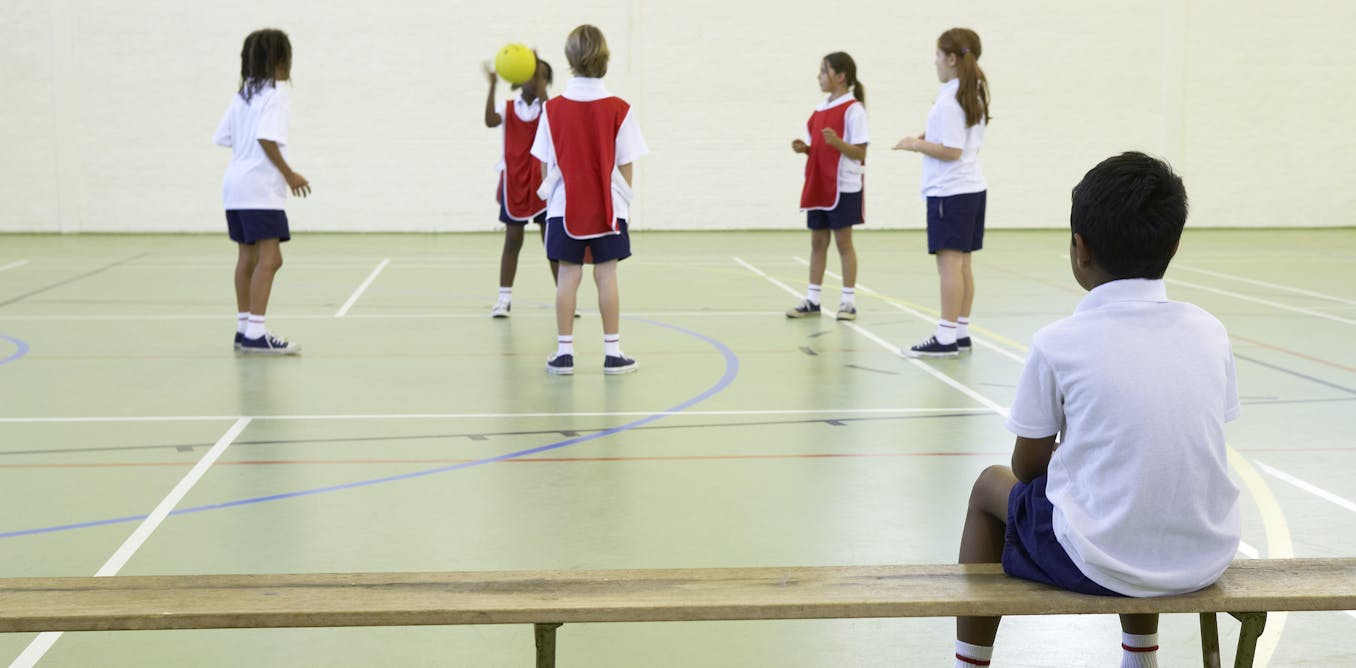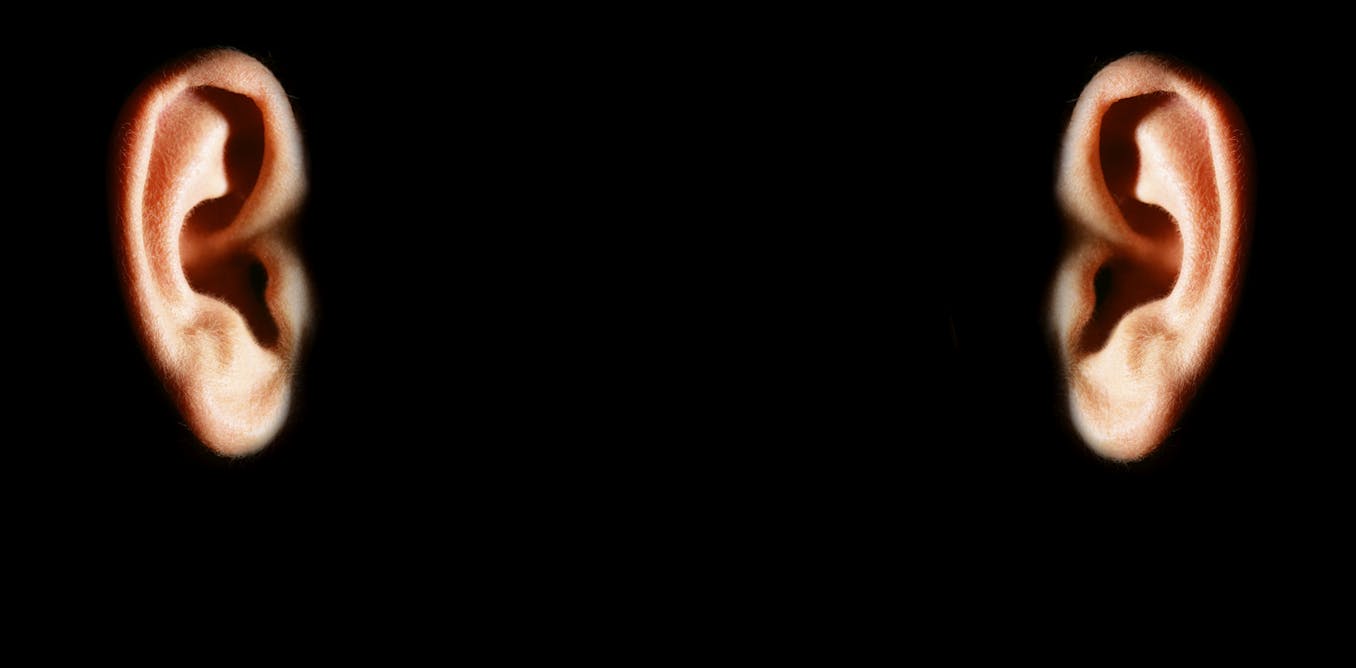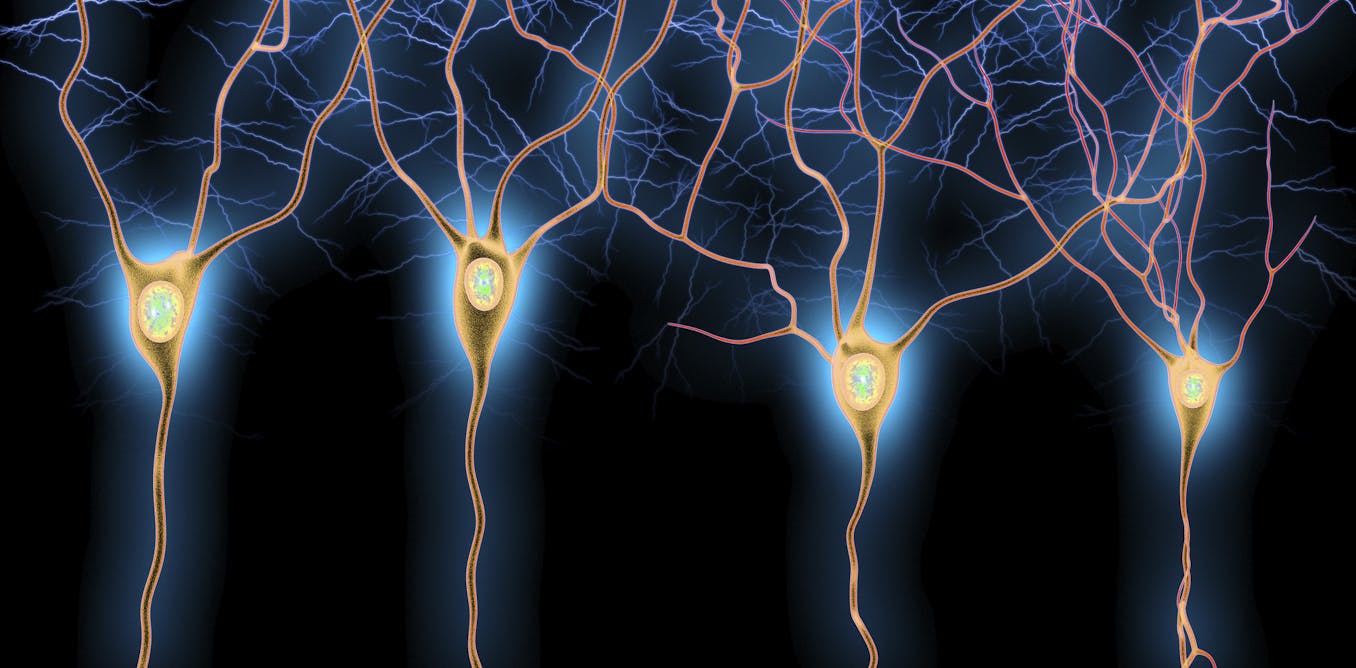Neuropathic pain has no immediate cause – research on a brain receptor may help stop this hard-to-treat condition
Chronic pain affects millions of people in the US. Targeting an oft-overlooked brain receptor could one day offer relief.
June 23, 2025 • ~7 min
Anxiety is the most common mental health problem – here’s how tech could help manage it
Devices that deliver mild, constant electrical current can alter our brain activity.
June 11, 2025 • ~7 min
Binge drinking brake found in mouse brains, offering future path to treating alcohol abuse – new research
Current treatments for alcohol abuse are limited in their effectiveness and come with side effects. Precisely targeting the neurons involved in binge drinking could lead to better options.
June 10, 2025 • ~5 min
Your brain learns from rejection − here’s how it becomes your compass for connection
Rejection can feel physically painful. It also provides a lesson for your brain on whom to connect with and how.
June 9, 2025 • ~9 min
Your left and right brain hear language differently − a neuroscientist explains how
Left and right brains hear speech differently, yet how this divide forms was unclear − until mouse studies showed each hemisphere runs on its own developmental clock.
June 4, 2025 • ~7 min
Memories of the good parts of using drugs can keep people hooked − altering the neurons that store them could help treat addiction
Your brain processes the pleasure of everyday behaviors like eating and drinking similarly to the pleasure of using drugs. Disentangling them requires understanding how memories are formed.
June 4, 2025 • ~11 min
Billy Joel has excess fluid in his brain – a neurologist explains what happens when this protective liquid gets out of balance
Cerebrospinal fluid can sometimes leak or collect in the brain without an identifiable cause, leading to symptoms that can be difficult to diagnose.
May 28, 2025 • ~10 min
Forget chatbots: research suggests reading can help combat loneliness and boost the brain
People who read report a deeper understanding of others’ experiences and beliefs.
May 14, 2025 • ~7 min
As a neuroscientist, I’ve seen the impact of harsh words on children’s brains. We need to prevent childhood verbal abuse
Preventing verbal abuse is essential for healthy brain development and lifelong wellbeing.
April 30, 2025 • ~6 min
/
20










